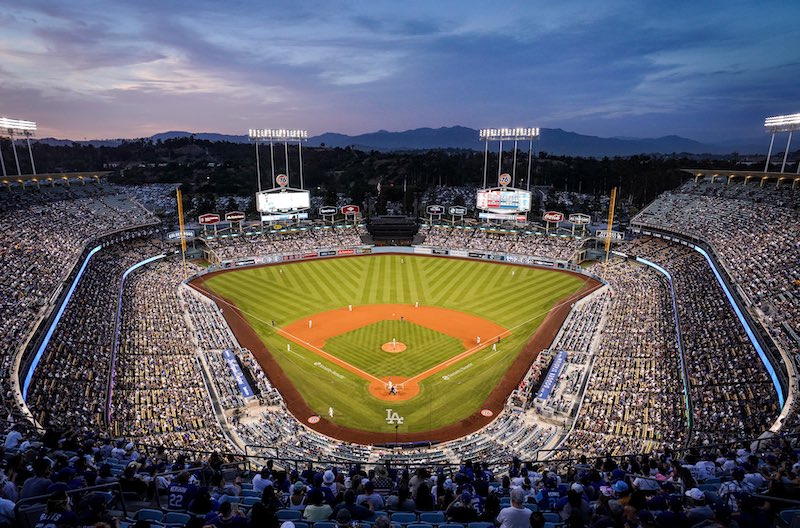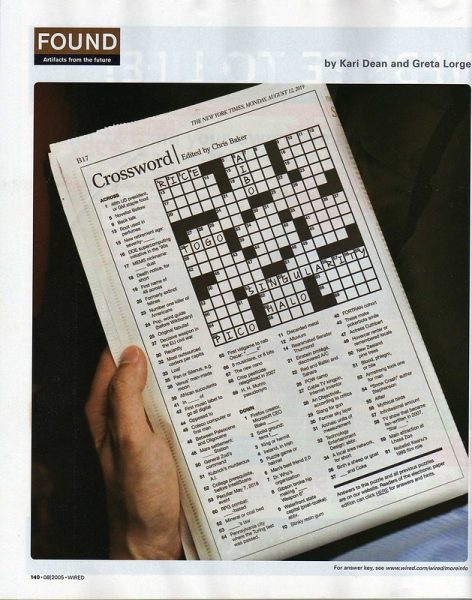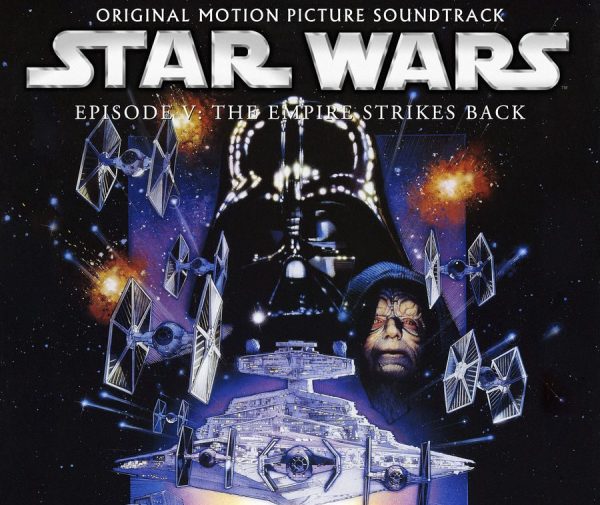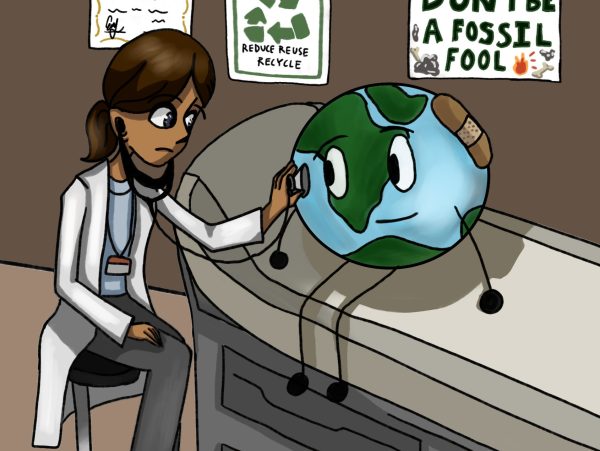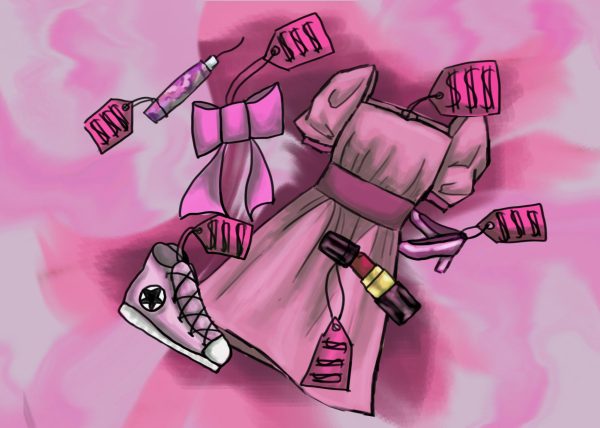Past time for ‘America’s Pastime’: The MLB needs to play hardball
The 2021 World Series was the second-lowest-viewed finale in MLB history. Baseball is a dying sport, but there’s still a chance to save it.
March 24, 2022
Last baseball season, sophomore Charlie Baksht decided not to watch the 2021 World Series even though the Astros were competing. Instead, Baksht chose to watch the Week 8 NFL games. And he wasn’t alone. The 2021 World Series was the second-lowest-viewed finale in MLB history. Baseball is a dying sport, but there’s still a chance to save it. Here are four ways that the MLB could increase baseball’s popularity:
1. Extend the pitching mound depth
Ask anyone for a critique on baseball, and they’ll give you the same answer: “it’s boring.” The long gaps of inactivity, slow pace and overall length of games make baseball games uneventful, and the only exciting part of the game is when a team scores a run.
The “Steroid Era” has long been shunned; however, it also served as a baseball renaissance. The mid-90’s saw a resurgence in baseball following as juiced players smashed home-run records. Simply put, baseball was exciting again.
Now I’m not suggesting that players should take illegal substances, but I am pleading that the MLB make the pitching mounds farther. Modern pitchers are throwing faster fastballs, deadlier curveballs and slicker changeups, and it’s almost impossible for batters to make contact with the ball. It’s taking the excitement away from the game, and it’s damaging baseball’s popularity.
Batters need to actually hit the ball for baseball to be exciting. Extending the mound depth would certainly accomplish that (or we can legalize Playing Enhancement Drugs).
2. Limit Pitcher Changes
It’s the top of the third inning, the game is tied and there’s a runner on first when suddenly your favorite player smacks the ball to center field, putting your beloved team in scoring position. Finally, something exhilarating happened. Then, the manager of the opposing team steps out of the dugout and calls for a relief pitcher. Commercials roll for what seems like forever, and the anticipation that had built up inside of you vanishes.
In the NBA and NFL, teams are limited to a certain number of timeouts per game. Teams in those leagues have to strategize their timeouts, and it would be nice to see that in baseball too. The MLB has limited mound visits, which are the baseball equivalent of time-outs, to one per inning per pitcher and made efforts to limit the number of pitching changes, but this still isn’t enough to stabilize the rate of games.
3. Fire Joe Buck.
There’s nothing special about FOX analyst Joe Buck. He’s just average—and that sucks.
He doesn’t have a shrill volatility like the viral Charlotte Hornets’ announcer, nor does he have a notable catchphrase like Mike Breen’s “bang bang!” He doesn’t have the insight that made Tony Romo infamous as an announcer, nor does he have that perfect tandem like NBC’s primetime football commentators Al Michaels and Cris Collinsworth.
Buck’s got a moderate bass voice, and, well, that’s about it. He can read his onscreen lines and spit out rudimentary facts, but most of the time you just want to tune him out. And that’s the problem. For a slow paced, irregularly-intervaled sport like baseball, commentators need to harness energy during the highs and generate interest when games are boring.
If Buck can’t do that, he’s got to go, and honestly, for the sake of baseball, fire him now.
4. Implement a Salary Cap
The NFL, NBA and NHL all have salary caps that prevent large-market teams from hoarding their league’s valuable talents. Baseball doesn’t. Winning is supposed to be hard. There needs to be tears before triumph—it shouldn’t just be pay-to-win like those cheap video games you played when you were younger.
For a few years, a small-market team builds upwards, slowly making noise in the playoffs. Everything seems to point toward a bright future until the Dodgers swoop in and their team’s top guns cash out, heading toward the bright lights of Los Angeles. They’ll have to wait another decade before their team returns to the same magnitude, and before they know it, the Dodgers, again, rob them of their stars. It’s this never-ending cycle of highs and lows that has created a boiling frustration towards the sport and contributed to its decline.
If the MLB wants to maintain its small market fans, it needs to implement a salary cap. It’s time for a curveball.



